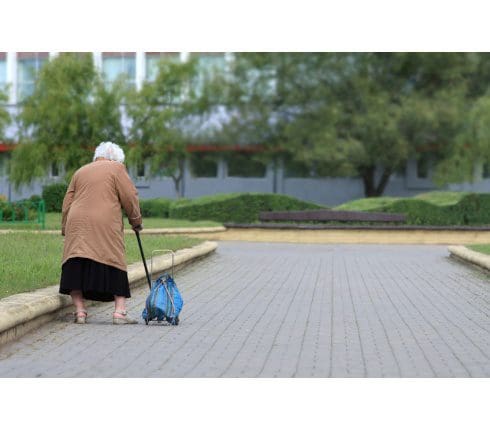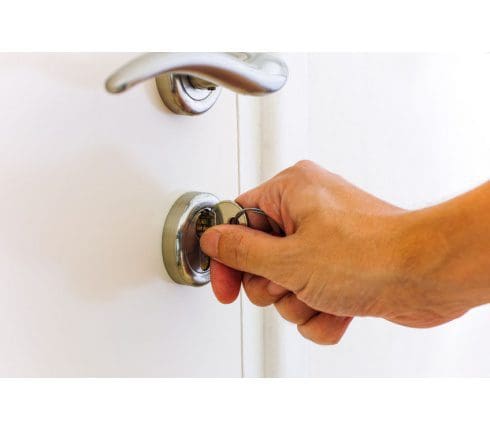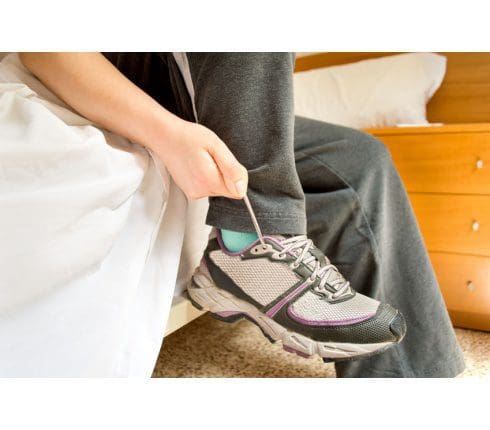Is Your Mobility Slipping Away ?

Mobility is more than moving from one place to another. It’s freedom and independence.
Whether you have a back or other condition that impacts how you walk, or your body doesn’t move as effortlessly as it once did, decreased mobility impacts a lot of people. But, if you notice changes early on, you and your doctor may be able to work on a plan to keep you moving comfortably for longer.
To see some red flags that may signal a decline in healthy mobility. Do any sound familiar?
Short Walks Become Long Walks

How do you feel after walking a quarter of a mile? Is it painful or taxing on your body?
Unless you have a spine condition or other disease that limits your ability to walk, you should be able to walk your entire life. If it’s challenging to complete short walks, that’s a red flag your mobility is at risk.
Changes In Gait

It’s not just walking distance that foreshadows a decline in mobility—how you walk is just as revealing.
Gait is the medical term for how you walk. While gait changes are a typical part of aging, some gait characteristics aren’t normal. For example: If you walk in a shuffling, unsteady, or cautious manner, you should see your doctor. He or she will help assess your gait and hopefully find the reason for it and ways to improve your movement.
Your “Get Up & Go” Is A Bit Slow

Another way to test your mobility is by doing the “get up and go” test.
You’ll need a friend to time you during this task. First, start by sitting in a chair. When your friend says “go,” get up and walk 10 feet in a straight line, then turn around and walk back to the chair and sit down. Most people who have healthy mobility can complete the exercise in 10 seconds or less.
While speed is an important part of this exercise, think about how you feel afterward. Do you feel any pain in your back muscles or in your legs or joints? If so, you should talk to your doctor to find ways to ease these movements’ impact on your quality of life.
Golf & Chiropractic Care
Daily Tasks Aren’t So Routine

Is cooking a meal or taking a shower an ordeal when it used to be just a typical part of your day? Do you have work-arounds for tasks that were once easy?
One can overlook how a once simple part of your daily routine has slowly morphed into a challenging task. You may adjust your lifestyle to accommodate a decline in mobility (like putting a seat in the shower), but that’s a sign it’s time to see your doctor.
Your doctor can get to the bottom of your movement problems and suggest ways to help, such as using an assistive device, like a cane or walker, so you can move easier.
You Don’t Travel Far From Home

This isn’t about getting on a plane—you don’t travel to the other side of town. Avoiding going away from home, even if it’s a grocery store a few miles from your house, could be a sign your ability to move is declining.
Think about it: Running errands across town for an hour or two takes physical endurance. If you feel mentally and physically exhausted over the thought of completing a few errands, that’s a red flag your mobility health is at risk.
The Best Way To Improve Mobility

Want to keep walking well into your later years? The answer is simple: Stay active.
Physical activity is excellent for your heart, lungs, muscles, and spine, and helps preserve your independence. It’s never too late to start exercising.
Caring for your mobility is essential—not just for spine health but for your total health.




